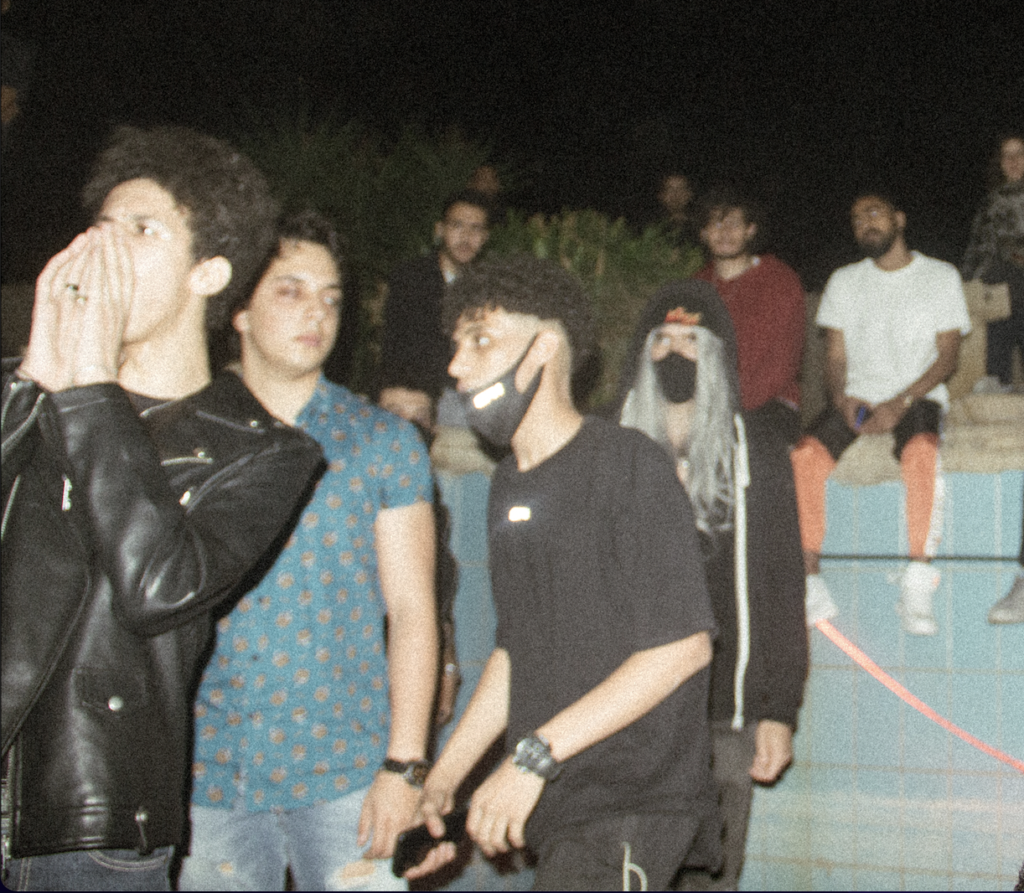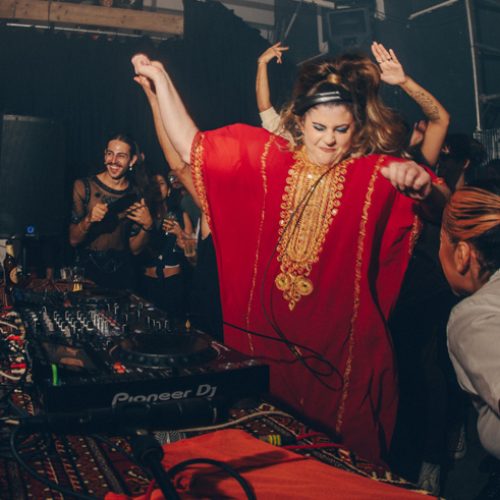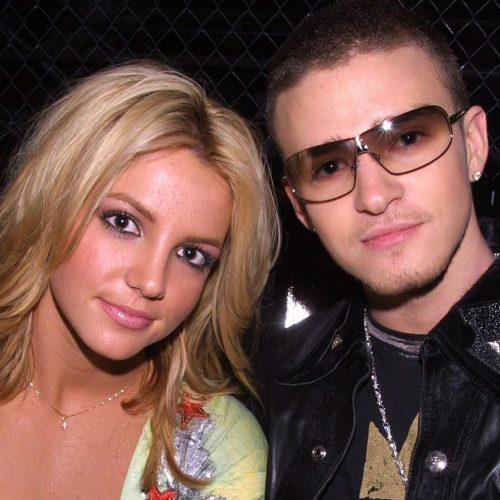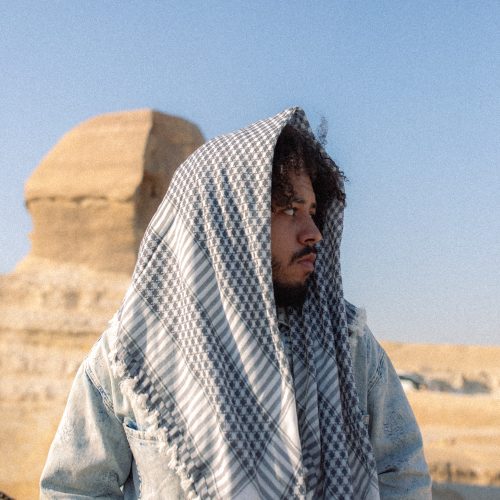Nightlife in Egypt is a strange animal. In the nightclubs of Cairo, you can expect to find similar scenes that you would find anywhere in the world: the reign of the DJ, the worship of the beat, the over priced drinks, and the men in ill-fitting shirts. But like everything else in Cairo, clubs hit a little different.
An avid club-goer, however, might find Cairo’s usual haunts a little one dimensional. It’s true that Cairo couldn’t be further away from the hedonism of Berghain, or the ecstasy of The Haçienda. Maybe by comparison, the nightlife of Cairo is in its infancy; “but that’s not always necessarily a bad thing” according to Cairene producer, DJ and events organizer, Yaseen El Azzouni. Yaseen himself is no stranger to the more leftfield side of music. We chatted to get the full scope of Egypt’s underground party scene: a scene born out of urgency and love of music.
“I hate the term ‘underground’, it’s overused, but it’s the best way to describe it. You have these scattered pockets of music, that are just comprised of enthusiastic young people trying to have a good, comfortable night… to host a nice musical experience for everyone,” said Yaseen.
“It’s always been the case that there’s a lack of established venues,” he continued. “When you look at the number of legitimate venues that offer regular music programming in Cairo, you’ll be hard pressed to find more than a handful operating at any given time. In the absence of regularly available venues, what you have here are groups of independent party promoters throwing sporadic events every 2-3 weeks or so”.
There too exists a more commercial party scene, usually featuring mainstream genres such as melodic or minimal techno. Usually these events have more funding and have the capability to rent larger spaces, spend more on promotion, gain sponsorship easier, even booking international acts. “Which in turn attracts the money spending crowd, but for me what is more interesting is the non-commercial side of things,” commented Yaseen.
“That’s where Cairo’s nightlife really is for me: It’s not in the venues or any establishment. It’s in the different DIY crews and communities who search all over the city for somewhere safe and discreet to throw an event, whether it’s on a boat, an apartment, or a rooftop somewhere, they’re trying to build something, a real community, you know?”
This isn’t really new information, most music scenes around the world are highly over saturated; there are tons of venues that are packed all of the time, for every genre you can imagine, but in turn you have a high saturation of DJs, artists and creatives internationally, which makes those scenes difficult to enter.
“But in Egypt, it’s fresh ground”, said El Azzouni “people talk about ‘the scene’ as if it’s already a ‘thing’, but we’re really just starting out, and that leaves so much room to show up and build something, be it a community or space, even a party series; the door is wide open to create something, put love into it, and hopefully 10 years down the line it will have the potential to become a cultural force or institution.”
It’s true, in post-2011 Egypt there’s somewhat of a youth-driven renaissance. There’s a strong art scene in the Egyptian capital, and it’s growing. This coupled with the desire from all levels of society, to go out and experience music in a live setting has meant that events have become more frequent, and with a larger focus on homegrown talent.
But Yaseen says this isn’t enough, “there is a desire for people to support local art, but you also have a lot of very interested groups who see music as a big money making scheme, and also a way to have a hand in the culture, these are often the spaces who go for the lowest common denominator – highest payout vibe… It enforces lack of diversity in the culture… If the biggest promoters in the country are only showcasing certain genres, and certain sounds it restricts the choices of the people, it doesn’t give people the access to listen to different music, and it narrows the scope of what the local audiences consider to be ‘good’.”
Sustaining the underground isn’t easy, organizers sometimes rely on the event to cover costs, or sometimes pay for events out of their own pocket. “It’s a challenge because renting any space is crazy expensive, renting a proper sound system costs more than it should, and paying for operating fees and obtaining licenses adds up in a way that increases the difficulty of making live music accessible and affordable” says Yaseen.
Donia Shohdy, DJ and owner of Jellyzone club night, is no stranger to this situation. A veteran of Cairo’s party scene. The music you can expect to hear at her events varies sporadically from Egypt’s homebrand Shaabi, to progressive dub and drum and bass. Since Jellyzone’s inception in 2017, they have hosted over 25 events across Egypt, and even as far flung as Berlin.
The focus has been to push the common clubbing format, both by ethos and genre, focusing on a progressive club experience and over welcoming vibes. “I just love making parties, it’s as stressful as it is fun,” said Donia, “When people enter our events, I feel there’s a specific vibe that everyone shares, it’s something stronger than any other parties in Egypt… I’m not sure why that is, but I always feel cozy and safe at Jellyzone.”
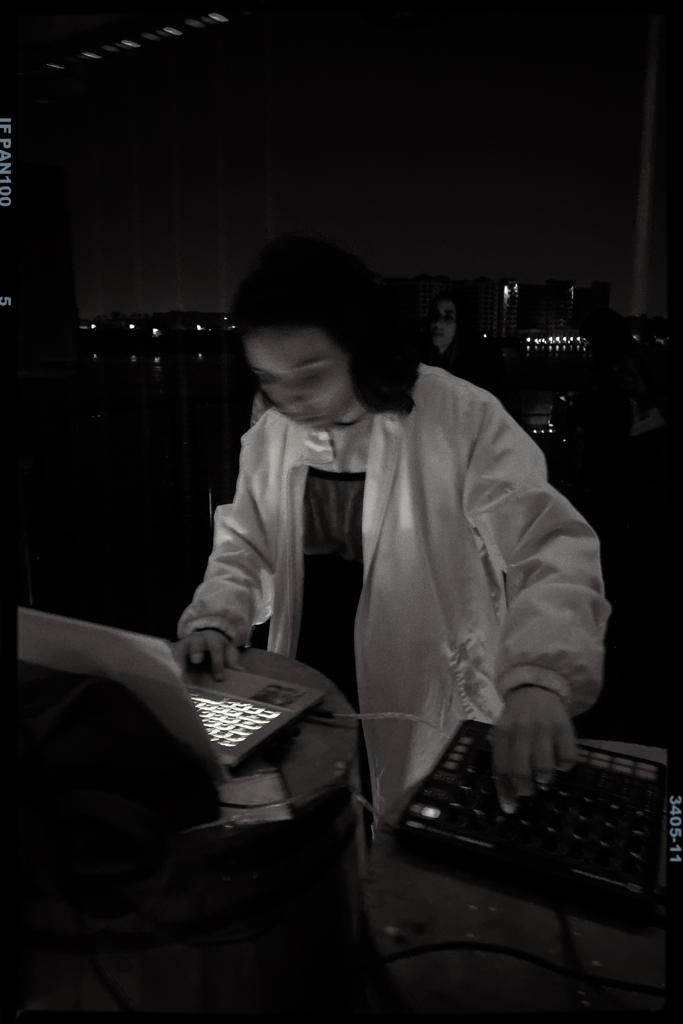
“In the early days, all of our parties used to be indoors or in nightclubs… more of a low budget kind of thing, but post-COVID, the events have taken a different form, we’re favoring outdoor spaces, and we’re finishing much later”, “it’s more of a festival vibe now, that’s the direction that I want Jellyzone to grow in”. “This being said, we still do both indoors and outdoor events, usually two big outdoor events every year… There are lots of young DJs and producers that I would like to host, so it makes sense to do smaller events that require less preparation too”. “Our newest events are set to feature badass guests, ones that don’t necessarily attract big crowds in Egypt”.
Both Donia and Yaseen are similar fish, in the same pond, yet share an ethos; championing musical and scene development from a grassroots level. Yaseen helps operate a monthly musical showcase as a member of the collective MOSHTRQ, and DJ’s under several names. He also releases music under his own net-label Khabt Recordings.
“After studying in the US, it became really clear to me that in larger cities it’s much harder to break through to the music scene, you get stonewalled and there’s gatekeeping at every turn – uneven power dynamics put you in a very unfortunate place where you’re constantly asking for a shot, I don’t really vibe with that”, said Yaseen.
“Despite a massive urban population, Cairo’s musical scene is comparatively tiny – I’m talking a fraction of a percent. When you have such a small musical community, it doesn’t make sense to me to fracture it or implement the same kind of ego-driven gatekeeping tactics that cause so much frustration for musicians in other countries. There aren’t that many of us out here, so in order for this scene to grow we need as many people involved as possible. I’ve got my crew and my people, but if I see someone trying to pull off an event out of pure love for the music, I’ll do my best to support them, even if it’s not my preferred genre.”
With the spotlight set firmly on the development of the Egyptian scene, it’s looking bright for young and aspiring artists. The DIY mentality that surrounds new music across all genres from rap to EDM means that there’s little room to sell out. The only way we will grow this thing is if we grow it together.
Be sure to give a follow to Jellyzone, MOSHTRQ & Funkhaus – and next time you’re in Cairo, you know where to go.





